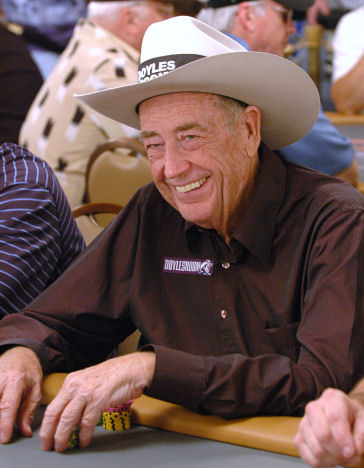I do not like the use of probability in epistemology. I have always (well, since someone told me about it) viewed probability as a matter of coping with lack of knowledge rather than supporting knowledge. More than that, we need knowledge in order to make probability “work”. The probability of a fair coin landing heads on any particular toss is 0.5 Why? Because we know that the coin has two sides and we know it will land on just one of them. Our ignorance is limited to which particular one it will land on. Assume that the coin has an unspecified number of sides and the assignment of a probability to heads is impossible.
Specifying Probabilities
Never-the-less Bayesian’s use complicated maths to, allegedly, give us some idea of probability of some hypotheses. And so what? Am I to accept a proposition because it is more likely than not? Because it is more likely than the relevant alternatives? Because it is 0.x probable? The likelihood of ‘there is free beer in the pub across the road’ need only be very, very, low for me to be induced to accept the proposition. The likelihood of ‘this plane will not crash’ has to be, slightly, higher.
Valuing Consequences
We can explain my varying attitude by considering the value I place on the end results:
- Having beer and
- Not dying
Let us say I bet £1 on a number at (English) roulette.
- The probability of me being right is 1/37
- If I am right I get 35 times my original stake, plus my stake : up £35
- If I am wrong I lose my stake: down £1
- The expected value is (1/37 x £35) + (36/37 x -£1) = a little under 3p negative.
It's a bad bet and I should pass it up.
Without nice neat probabilities and nice neat valuations (how to value the benefit of discovering Neptune against the benefit of discovering where Newton got it wrong?) we can't get nice neat expected values. In lots of situations, naturally, we do not need nice neat expected values. The negative-benefit of dying so far outweighs the benefit of almost all plane journeys that the expected value of air travel given any appreciable risk is negative.
But that is still not enough to explain our decisions.
Now this guy knows probability:

He is Doyle Brunson, world famous Poker Player and author of the poker player's 'Bible': 'Super/System A Course in Power Poker'.
In Super/System Doyle looks at the following scenario:
Doyle's Scenario: You are offered odds of 10:1 on a single toss of a fair coin provided you bet all the money you have in the world.
Now we know exactly the probability of "this coin will be heads on the next toss": 0.5. We can put a monetary value on the likely outcome: 11 times all the money you have in the world if you win, 0 times all the money you have in the world if you lose.
So the expected value is very easy to calcualte: 0.5 x 11 x all the money you have in the world = 5.5 times all the money you have in the world.
What would your decision be in Doyle's Scenario? I wouldn't bet, I suspect that your wouldn't bet either. Doyle would:
But, I’d do it. I surely would. I’d just have to. I couldn’t
pass up the opportunity to take 10 to 1 on an even-money shot. (Brunson,
Doyle. Super/System A Course in Power Poker. Las Vegas, Nevada. B
& G Publishing. page 512)
Even if the Bayesians can establish their probabilities, even if they can assign numbers to the values of consequences it still does not explain our actions. We need to assign numbers and have a method of calculating the effect of the absolute value of the possible actions.
No comments:
Post a Comment